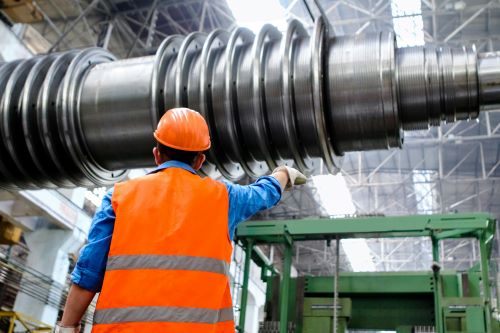The summer temperatures in India have reached new heights. Even in these scorching conditions, we see people sweating out to make a living. Such exposure to scorching sun seriously impacts the health and safety of workers—with devastating effects.
Across the world, changing climatic conditions are now taking a toll on the people. From extreme heat waves to air pollution, workers of every stripe are now exposed to the heightened risks of climate change. And, they deserve our immediate attention.
According to a report by the International Labour Organization (ILO), more than 2.4 billion (240 crore) workers are now in the frontline of being exposed to climate change-related health hazards worldwide.
Increasing workplace hazards like injuries, development of chronic illnesses, and mental health conditions are now interlinked with climate change. However, the issues of vulnerable workers are complex and layered: starting from whether the employee is from an organised or unorganised sector.
For instance, let’s take floods as a situation. An employee’s journey to the office is delayed due to flooded roads. This results in loss of wages or additional hours to compensate for it. Thoughts about the flood situation and its aftermath can reduce concentration and productivity also. For an employer, blackouts during floods can delay or disrupt the supply chain and transportation. This can inflict loss or even ruin the business. So on and so forth, the list can go endlessly.
As we delve more into this issue, we must consider people from the unorganised sector. The nature of their work and harsh climatic conditions make them very susceptible to changes in the climate.
Sadly, the lack of social protection mechanisms worsens the situation further. The absence of such legislation often tends workers to risk their lives and take up the job. Lesser working hours due to climate emergencies push them into deep financial setbacks that affect their livelihood. Added to their woes, labourers tend to stay in tin-roofed or tarpaulin-mended temporary settlements. Again, these living conditions worsen the health situation of these vulnerable workers.
In this light, the selfless work of the first responders: the disaster response and frontline workers’ deserve our heartfelt applause. Today, climate-related disasters are intensified and so is the work of first responders. Their work has now become lengthy and gruesome. They face long working hours even in dangerous situations. Later on, these workers develop grief, post-traumatic stress disorder (PTSD), depression, elevated stress, and work-family conflicts.
With this regard, we have to consider small business owners and street vendors. In the past few years, these people are facing the brunt of climate change. Extreme weather conditions and pollution is taking a toll on their business and wellbeing. Lack of proper infrastructure like water, toilet facilities and hawking zones add to the woes. It is important to consider them also to make cities inclusive and sustainable.
Human capital is an asset for every organisation and for the country. Any issue affecting them can disrupt a country’s journey towards sustainable economic growth. Added to that, a country will be taken aback from the achievement of the 8th goal of sustainable development goal.
Climate change and its aftermath on the workers is still an unexplored field. It is a multifaceted issue and requires in-depth research. Across organisations, industries, and employer groups, worker-centred strategic planning for climate change adaptation can be a first step towards it. The government has to initiate a social scheme that can inculcate trust and self-sufficiency for the workers.
Featured Photo: Photo by saravut vanset
—o0o—




